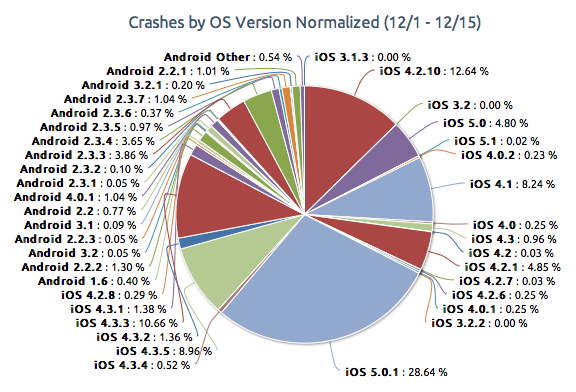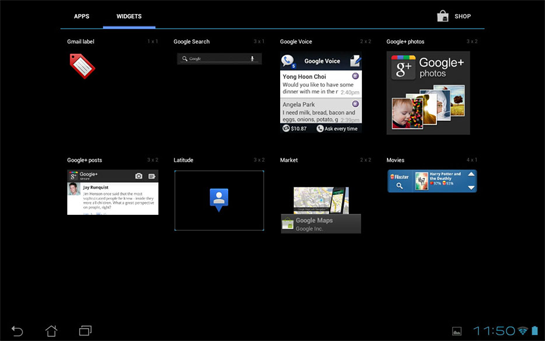The anti-Apple crowd loves to point out that Apple’s Mac market share, while up dramatically over the past few years, still pales in comparison to the overall PC business. What many of them miss is the simple fact that the Mac platform is less and less important to Apple as it continues to post strong sales of iOS devices.
iOS is the future, and that future is now if you believe statistics released by advertising analytics company Chitika Insights on Friday. Its data shows that for the first time, Web market share for iOS surpassed that of Mac OS. This shouldn’t be surprising considering the 133 million-plus iOS devices sold during the year.
Since September of last year, Mac share has fallen about 25 percent to 7.96 percent of Web traffic, while iOS has exploded 50 percent in the same period to 8.15 percent of the market. Where did that growth come from?



 For a company whose
For a company whose 